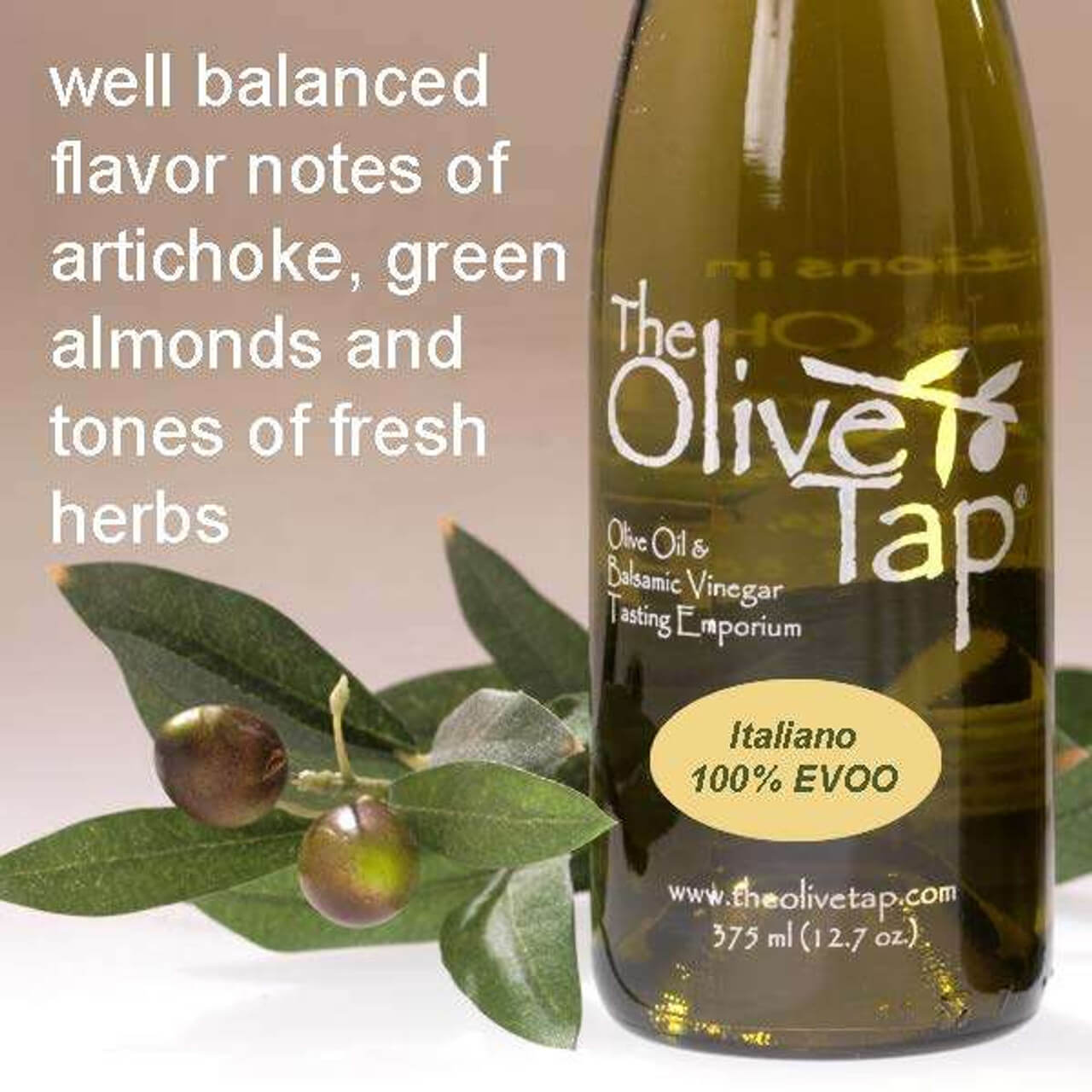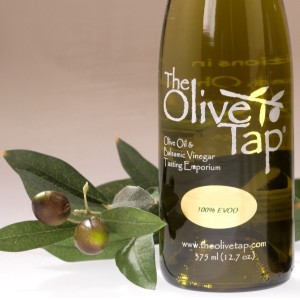Our Blog

The Myth of the EVOO Fridge Test
Dr. Oz and another EVOO Myth.
At The Olive Tap, we work hard to get clear and accurate information out to our customers. What follows is just one more example of myth and partial truth being perpetuated as fact.
The subject of putting olive oil into the refrigerator to determine if it is Extra Virgin has been settled. Dr. Oz was not quite accurate in his recent coverage of this subject. This is the second time he has been well-intentioned but a bit off in his recommendations. A few years ago, Dr. Oz recommended putting your EVOO in the fridge to prolong its life. While doing so is not necessarily a bad thing, there are caveats that if not followed, will actually shorten the life of the oil. More on that at a later date.
Regarding the “refrigerator test”, and as stated in a recent article by Nancy Flagg, in The Olive Oil Times (http://www.oliveoiltimes.com/), "you cannot determine an oil's quality by seeing if it solidifies in the refrigerator. This is a myth, and has been proven to be totally unreliable.
"The North American Olive Oil Association called the home test “completely false and misleading.” Almost any oil will solidify at cold temperatures, depending on its chemical compounds, and even within the EVOO category, factors such as olive variety and time of harvest, will affect solidification."
Expert olive oil taster, Australian Richard Gawel stated that the refrigerator test "is not a reliable indicator of an oil’s EVOO authenticity." Gawel writes in his blog why the myth may have come into being. "EVOO's are largely made of monounsaturated fats that coagulate at refrigerator temperatures while other oils tend to be made of polyunsaturated fats that can only solidify at much lower temperatures — lower than regular refrigerators can reach.” "Even an EVOO that has been adulterated with a bit of canola oil will solidify in the refrigerator and pass the test, even though it is not pure EVOO," said Gawel.
Dan Flynn, Executive Director of the UC Davis Olive Center told Flagg that looking at solidification in the refrigerator is a flawed technique. “While it is true that refined oils will not coagulate in the cold, it is also true that some olive oil varieties will not coagulate either.”
According to Flynn, "Seven oil samples, including EVOO, lesser grade olive oils, olive oil blends and non-olive oils were placed in a refrigerator and checked at intervals up to 180 hours. Although no samples fully solidified, a sample of EVOO mixed with up to 50 percent lesser grade olive oil congealed in the bottles, meaning it could be interpreted as passing the refrigerator test even though it was not pure EVOO. The study concluded that the “Fridge Test” is not reliable for determining oil purity or quality."


